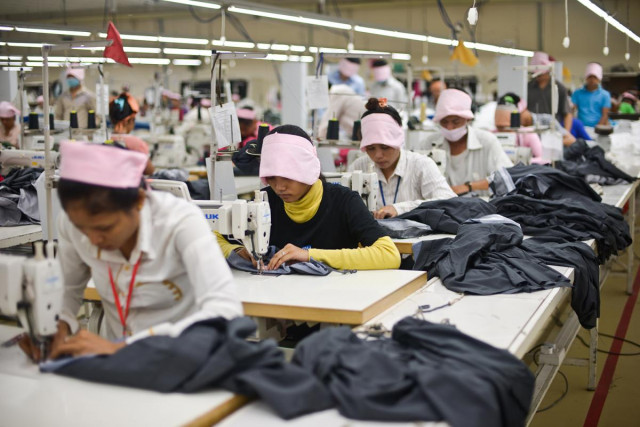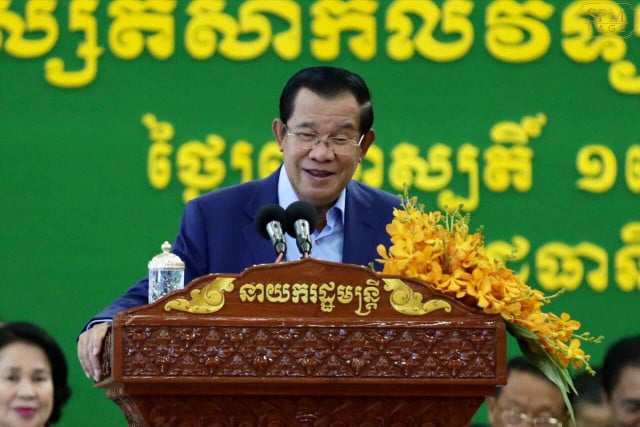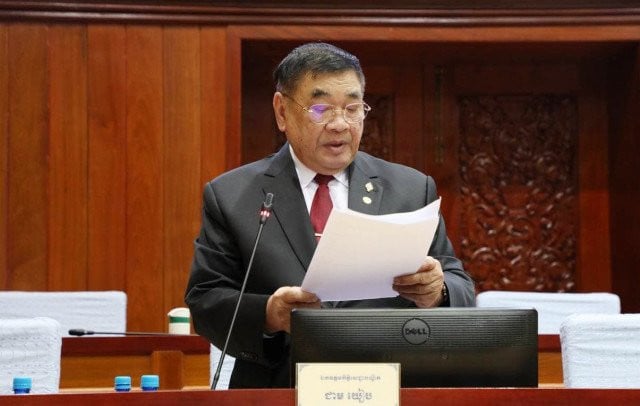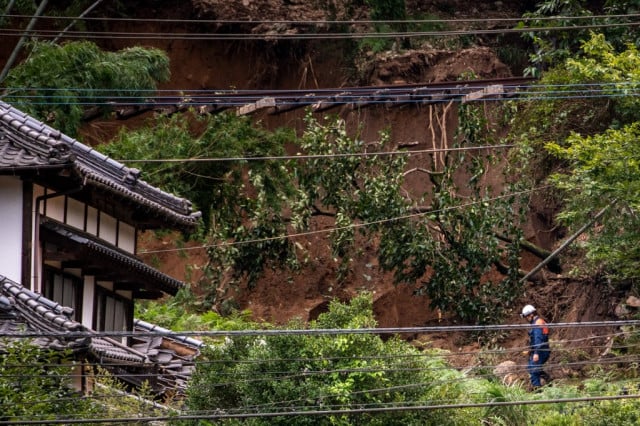Cambodia Facing the Final Decision on the EU’s “Everything But Arms” Partial Suspension: Sovereignty or Compromise?

- Lim Chhay
- February 16, 2020 6:42 AM
The European Union (EU) has suspended the trade privileges under the Every But Arms (EBA) scheme given to Cambodia in order to compel the country to address the issues of human rights violations and political oppression against its opposition groups.
The dissolution of the Cambodia National Rescue Party (CNRP) by the Supreme Court in 2017, the treason charge against the party’s leader Kem Sokha, and the controversial general election in 2018 are the occurrences that led the EU to decide to partially suspend these trade privileges in its final decision made on Feb. 12, 2020.
A report released by the European Commission shows the partial EBA suspension on Cambodia’s exports to the EU market, which mainly consist of garment, footwear, travel goods, and sugar, with garment alone generating $7 billion for the country’s economy each year. If there is no objection from the European Parliament and Council, the suspension will come into effect on Aug. 12 of this year.
The Cambodian government has kept on putting the country’s sovereignty above trade considerations with the EU, regardless of the enormous benefits it has received from this scheme—trade that totalled up to 5.3 billion euros ($5.7 billion) in 2018, 95% of which entered the EU under EBA preferences, as reported by the European Commission.
Prime Minister Hun Sen has many times asserted that the country’s sovereignty is more important than the EBA, as Cambodia, which experienced the brutal Khmer Rouge regime and a devastating civil war, has been committed to being independent from the control of any foreign countries after fully regaining peace in 1998.
The prime minister has also reassured the public that the country is well prepared for such EBA suspension as Ministry of Economy and Finance spokesperson Meas Soksensan told Al Jazeera in an interview this month.
Cambodia has long been criticized by the West over human rights abuses and political crackdown. Labour unions and Civil Society in Cambodia have expressed their concern over such withdrawal, claiming that the EBA suspension will harm Cambodia’s workers mostly employed by the garment and footwear industries.
It is of great significance to note that the EBA suspension by the EU due to the human rights as well as political suppression in the Kingdom is somehow considered a “double standard” of judgment, as the prime minister himself expressed during the World Trade Organization (WTO) meeting in Geneva last year.
This criticism was made at a time when the EU is closing trade doors for Cambodia while opening them for Vietnam—a socialist state where political restriction and rights abuses have been rooted for decades.
Probably, a policy of economic diversification and Cambodia’s multilateral diplomacy shall be implemented in order to cope with new emerging challenges facing the country’s economy. As seen recently, the country’s intention of having discussions with the Republic of Korea and the People’s Republic of China over the possibility of concluding bilateral free-trade agreements may underpin Cambodia’s ambition to be more self-reliant rather than depending on the West.
The Everything But Arms (EBA) scheme is a trade preferential agreement provided by the European Union to Cambodia, giving Cambodian products access to the EU market with free tariffs and quota, except in the case of weapons.
This is in line with the principle of Most Favoured Nations (MFN) of the WTO, which gives trade preferences to the Least Developed Countries (LDCs). Cambodia is the second-largest beneficiary of this EBA scheme, the total amount being $5.4 billion in 2018.
*The views in this article represent the author's personal opinion and do not reflect official stance of The Cambodianess.
Lim Chhay is currently a senior student in International Relations at Department of International Studies, Royal University of Phnom Penh. He served as a volunteer assistant to the Cambodian Government spokesperson, and Cambodia’s representative at the Young ASEAN Leaders Policy Initiative 2019, ASEAN Youth Exchange Program 2018 at the Faculty of Political Science of Chulalongkorn University in Thailand.















